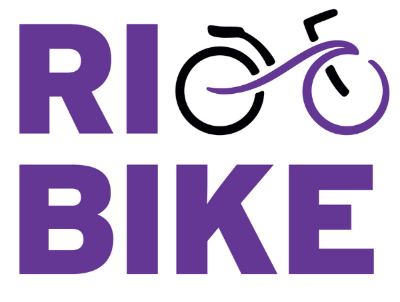 I just happened upon an interesting article published in Scientific America. A mathematician in the 1960’s, Dietrich Braess, discovered a paradox:
I just happened upon an interesting article published in Scientific America. A mathematician in the 1960’s, Dietrich Braess, discovered a paradox:
in a network in which all the moving entities rationally seek the most efficient route, adding extra capacity can actually reduce the network’s overall efficiency
A real life test of this paradox played out when
planners in Seoul tore down a six-lane highway a few years ago and replaced it with a five-mile-long park, many transportation professionals were surprised to learn that the city’s traffic flow had actually improved, instead of worsening.
The Scientific America article points to an article by Michael Gastner in the Physical Review Letters, whereby this computer scientist and his colleagues explains
that drivers seeking the shortest route to a given destination eventually reach what is known as the Nash equilibrium, in which no single driver can do any better by changing his or her strategy unilaterally. The problem is that the Nash equilibrium is less efficient than the equilibrium reached when drivers act unselfishly—that is, when they coordinate their movements to benefit the entire group.
Furthermore
the researchers found that the price can be high—selfish drivers typically waste 30 percent more time than they would under “socially optimal” conditions.
It continues to describe the solution to this paradox is to reduce the numbers of roads, thereby limiting the choices motorists have to “optimize” and forcing them to make more socially conscious decisions. They go even farther to posit what we really need is more anarchy, mix pedestrians, cyclists, and motorists together with the idea being
the more uncomfortable the driver feels, the more he is forced to make eye contact on the street with pedestrians, other drivers and to intuitively go slower
Sure sounds like a good argument for complete streets! Not to mention, it could sure help our State’s financial woes if it had fewer streets to maintain.
